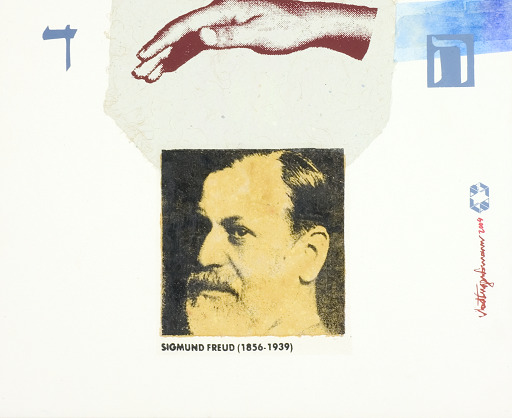Balzac and the Book of Esther
DOI:
https://doi.org/10.35699/1982-3053.2024.52099Keywords:
Honoré de Balzac, Bible, The Book of EstherAbstract
This article aims to contribute to the critical studies that deal with intertextuality between The Human Comedy, by Honoré de Balzac, and the Bible, especially between the novel The Splendors and Miseries of the Courtesans and The Book
of Esther. It is proposed to analyze the novelistic fragments that shed light to the intertextual encounter between the tragic life of the Parisian courtesan Esther van Gobseck and the heroic and festive journey of the Hebrew queen Esther. Other
researchers reinforce the idea that Balzac was inspired by the biblical heroine to create his marginal character. The aim here is to highlight some of these opinions and the excerpts of the work in which the novelist enriches his narrative, whether by ironizing, imitating, quoting or simply being inspired by the Holy Scriptures.
Downloads
References
ALTER, R. Strong as Death is Love: The Song of songs, Ruth, Esther, Jonah, Daniel. Nova York: W.W. Norton & Company, 2015.
BALZAC, H. A Comédia Humana – Vol. III: Gobseck. Tradução de Vidal de Oliveira. Porto Alegre: Editora Globo, 1959a.
BALZAC, H. A Comédia Humana – Vol. IX: Esplendores e Misérias das Cortesãs. Tradução de Casemiro Fernandes. Porto Alegre: Editora Globo, 1956.
BALZAC, H. A Comédia Humana – Vol. XVII: Fisiologia do Casamento.Tradução de Mário D. Ferreira Santos. Porto Alegre:Editora Globo, 1959b.
BALZAC, H. La Comédie Humaine – t. II: Gobseck. Paris: Bibliothèque de la Pléiade, 1977a.
BALZAC, H. La Comédie Humaine – t.VI: Splendeurs et misères des courtisanes. Paris: Bibliothèque de la Pléiade, 1977b.
BALZAC, H. La Comédie Humaine –t.XI: Physiologie du Mariage. Paris: Bibliothèque de la Pléiade, 1977c.
BARON, A-M. Balzac et la Bible—Une herméneutique du romanesque. Paris: Honoré Champion Éditeur, 2018.
Bíblia de Jerusalém. São Paulo: Editora Paulus, 2011.
Bíblia Hebraica. Tradução de David Gorodovits e Jairo Fridlin. São Paulo: Sêfer, 2007.
BUTOR, M. Scènes de la Vie Féminine: Improvisations sur Balzac III.Paris: Éditions de la Différence, 1998.
JOSSE-LAFON, J. Le Livre d’Esther. Paris: Folioplus Classiques, Éditions Gallimard, 2013.
KUPFER, K. Les Juifs de Balzac. Paris: NM7 Éditions, 2001.
La Bible. Edição traduzida para língua francesa por Lemaître de Sacy. Paris: Éditions Robert Laffont, 1990.
MENDES, M. B. T. No princípio era o poder— Uma análise semiótica das paixões no discurso do Antigo Testamento. São Paulo: Annablume, 2009.
SCHOLEM, G. As grandes correntes da mística judaica. São Paulo: Perspectiva,1995.
ZAZOUN, F. Variations autour du livre d’Esther: De la vision biblique au regard porté par la littérature et les arts sur les personnages. Paris: Sorbonne Université, 2012.
Downloads
Published
How to Cite
Issue
Section
License
Copyright (c) 2024 Arquivo Maaravi: Revista Digital de Estudos Judaicos da UFMG

This work is licensed under a Creative Commons Attribution 4.0 International License.
Os direitos autorais pertencem exclusivamente aos autores. Os direitos de licenciamento utilizados pelo periódico é a licença Creative Commons Attribution 4.0 (CC BY 4.0): são permitidos o compartilhamento (cópia e distribuição do material em qualquer meio ou formato) e adaptação (remix, transformação e criação de material a partir do conteúdo assim licenciado para quaisquer fins, inclusive comerciais.






